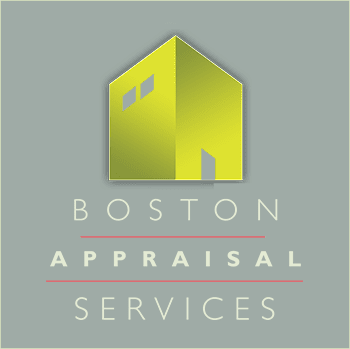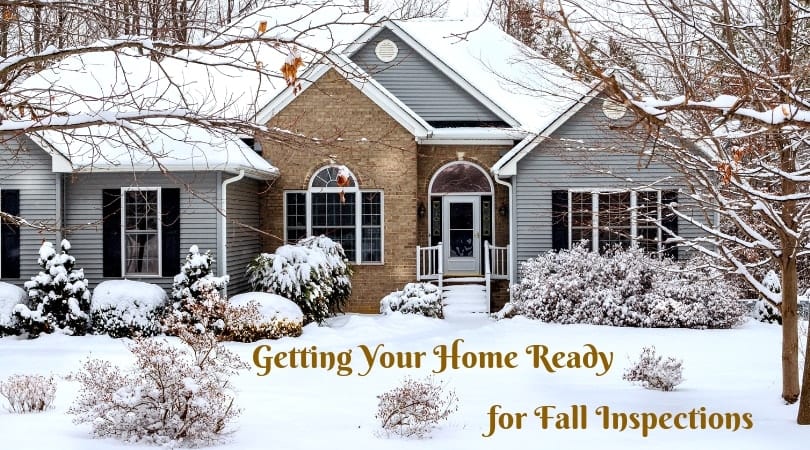Got your home on the market (or thinking about it)?
There’s a good chance that you’ll be opening escrow this fall. When that happens, you know you’ll be dealing with appraisals, home inspections, and of course, re-inspections as repairs are completed and the transaction moves toward a successful closing.
We put together a few tips here to help you get the best results and experience the least delays due to inspections in getting your home sold. I’ll also include some essential advice for buyers when requesting a home inspection for their upcoming home.
Ordering Your Own Home Inspection
Let’s face it: you need to order a home inspection. It’s worth a few bills to know exactly what’s wrong with your home and what the buyer (or the subsequent inspector or appraiser) is bound to discover. There are so many issues that can arise during an inspection that will throw a cast-iron wrench into your selling plans (a rusty one at that).
There are many expenses involved in selling your home and the cost of an inspection is relatively small. Additionally, inspections and appraisals can be paid out of escrow at closing, minimizing the financing aspect of preparing for a successful sale.
As a buyer, getting that inspection is even more critical. Additionally, if the seller is unwilling to allow an inspection, or the property is not in a sufficient state to be inspected, it may be most practical to consider an alternate property.
Clearing Around the Home
Appraisers and home inspectors will want to walk around the property to examine the condition of the landscaping, exterior siding, sidewalks, and exterior ventilation and drainage points. While extra stuff around the perimeter might be advantageous in hiding leaks or thermal issues, in the long run it’s best to offer inspectors unhindered access. Why bother with surprise repairs (or getting served with papers) down the road?
Going into Fall and Winter as a home buyer can be a tenuous situation, but when you need to move, what else can you do? Play it safe. Pass on the property if the current condition of the lot or building perimeter is cluttered, inaccessible, and likely to pose either a threat to safety or be impractical to remediate during the cold months (unless you’re getting a crazy deal).
Decluttering the Interior
The same is true of the inside as the outside. Not just for the sake of inspectors, but also buyers, it’s a great idea to start a donation pile and let others benefit from all the extra stuff we’ve accumulated over the years. Keeping the interior furnishing as minimal as possible during this period will make the inspector’s job easier and allow buyers the opportunity to imagine themselves at home when they view the property.
Since you’re likely to be doing this anyways when you move, you can save yourself the effort and time after closing by taking care of cleaning and organizing now. Taking these steps will also decrease your risk of liability for injuries that could occur in the process of inspecting or viewing your home. Not just from an aesthetic standpoint, inspections also help identify safety issues including mold, lead, carbon monoxide, and fire prevention.
Take Advantage of the Calm Before Winter Hits
If your home is already on the market or you’re about to take the listing leap, don’t wait to take these steps. It’ll only get more stressful and riskier to the transaction if you wait to prepare for the best results. It’s already cooling off and the days are getting shorter. Act now to reduce your long-term risk and get the best price for your home. As a buyer, use this information to make the most informed and measured purchase decision that will make for a cozy cold spell.
We’re not home inspectors, but if you need an accurate idea of the value of your home to most attractively and profitability price your home, or to make a compelling and advantageous offer, call us for an expedient and accurate investment valuation report just for your current or potential home.
Please click to here to place a convenient order and reach out to us by any means you like with your questions about condition and value.






